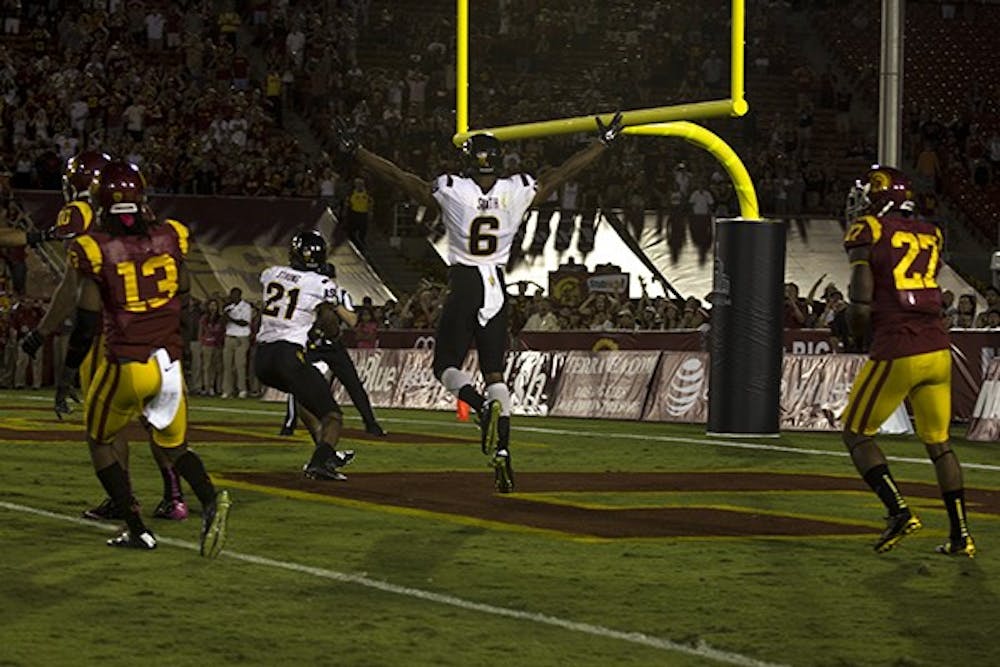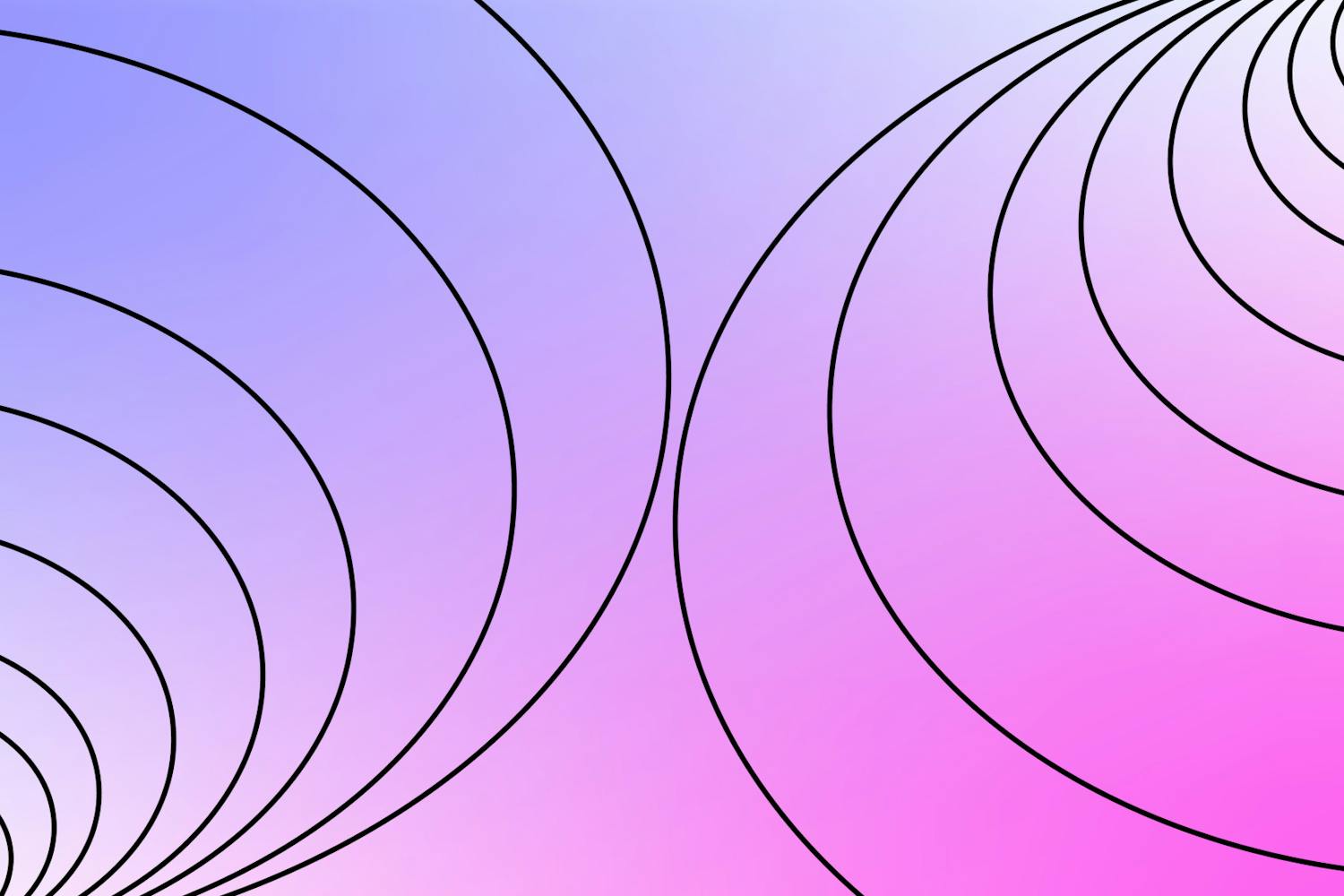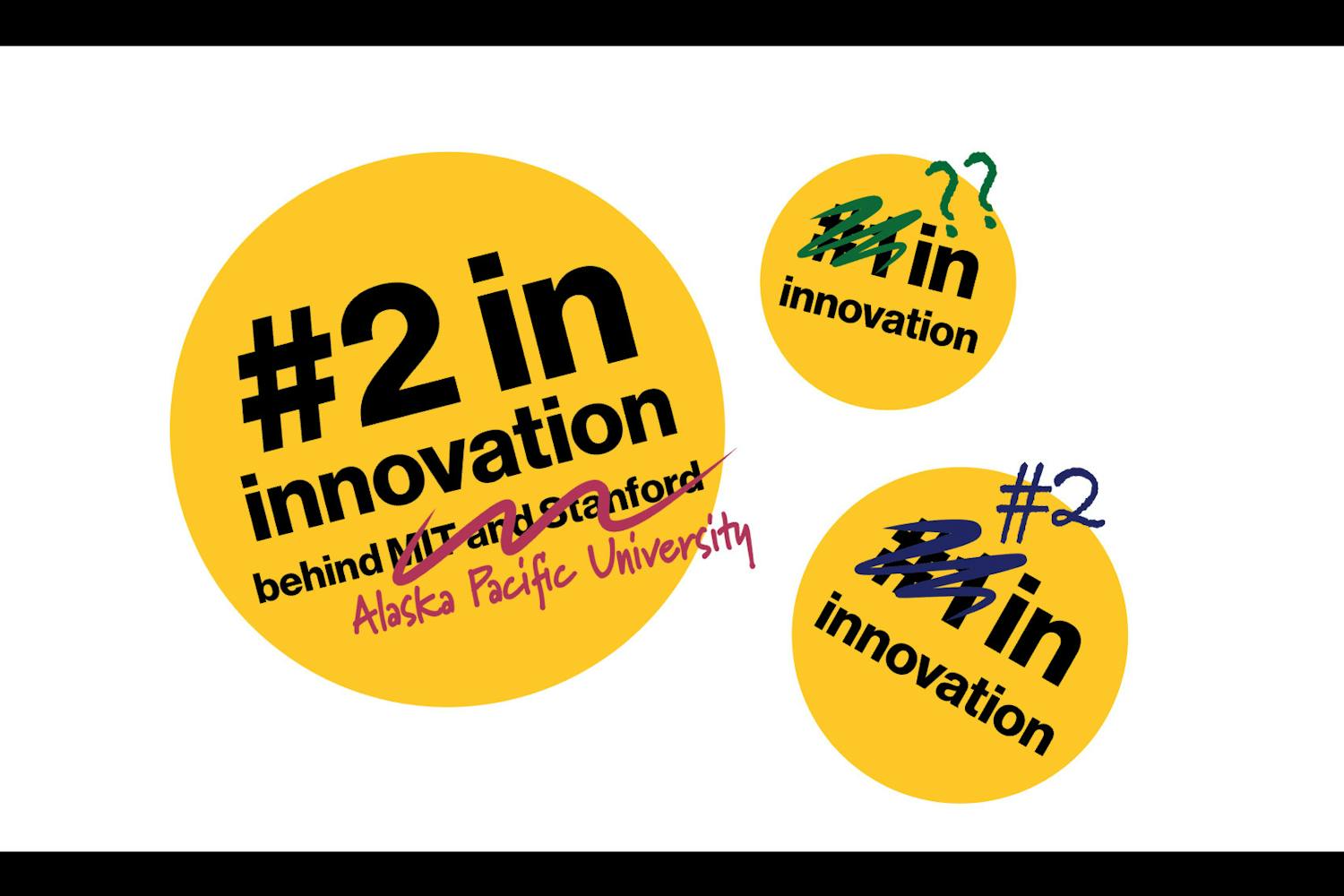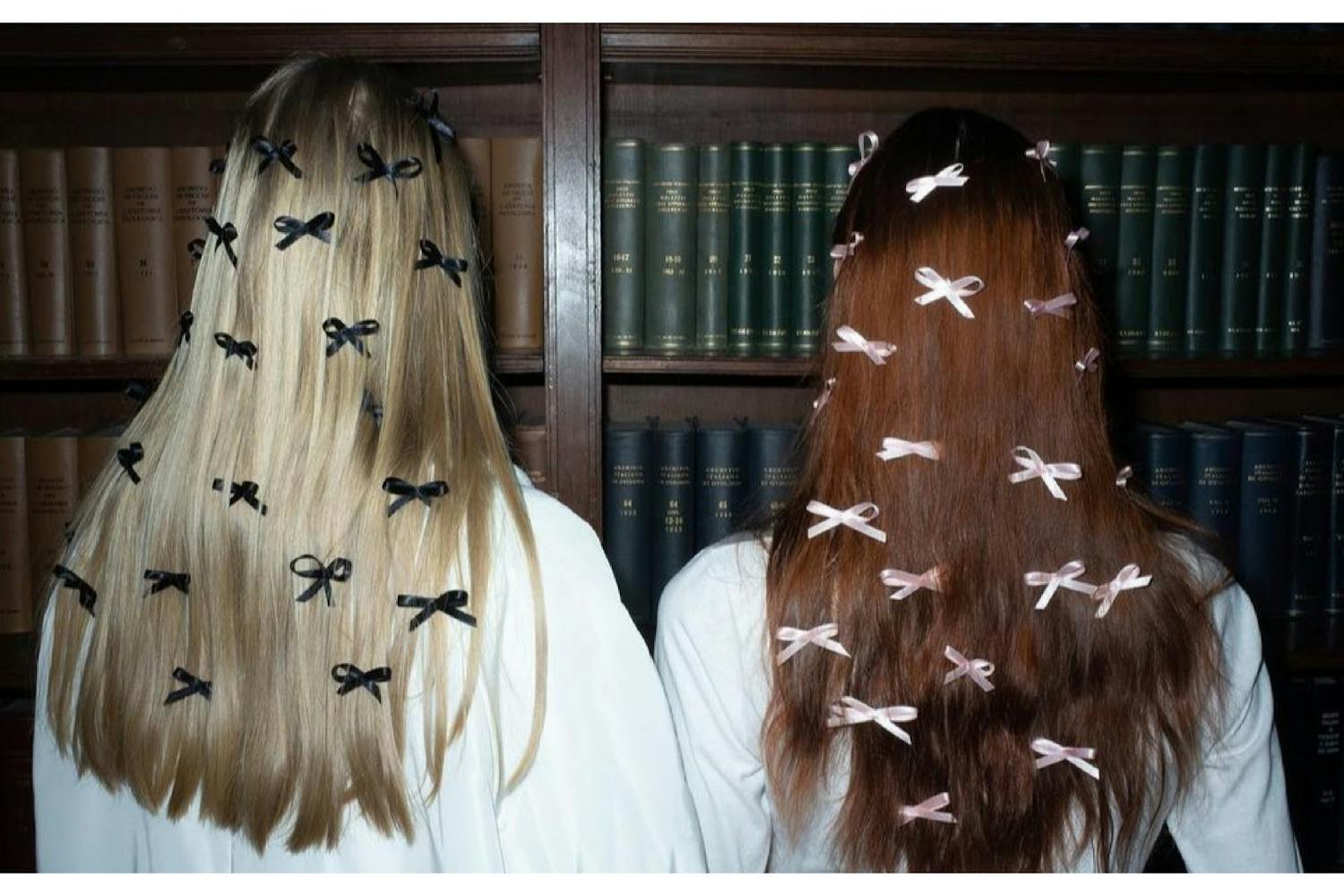What if an asteroid hit Earth? What if aliens invaded Earth? Or, what if the Earth suddenly blew up?
These are the type of questions Aaron Goldstein – aerospace engineer, ASU senior and recipient of UBM Electronics’ student of the year award from the Annual Creativity in Electronics Awards – makes you think about when he answers why his goal of making space travel more accessible matters.
“It would really give us security in case an asteroid hit us, aliens invaded or the Earth blew up,” Goldstein says. “We don’t really have insurance. We have car insurance, but what do we [have with] the Earth?”
Goldstein adds that “space travel is the new frontier” and that exploring methods to making space travel more accessible could lead to advances in medicine, such as providing “tremendous medical benefits to make your muscles significantly smaller.”
Goldstein founded the Arizona State University’s Sun Devil Satellite Laboratory, with which he later received an ASU/NASA Space Grant to further his work. Maybe all these innovative ideas are what spurred a nomination by Electronics Design News’ managing editor Suzanne Deffree on his behalf for the ACE Awards, which took place in San Jose, Calif., in late March.
Goldstein found out he won the award while going about his daily routine: He woke up, checked his email, and opened quite the surprise.
“I got the email from the person saying, ‘You won!’ And you get those kinds of emails all the time and you put them in your spam box,” Goldstein says. “I read further, and it was kind of surprising.”
He says his surprise was at the fact that they would pick someone like him, because he considers himself an average Joe.
“It was an interesting and shocking experience,” he says. “It’s really the thought that someone else thought I was doing something good.”
Goldstein’s older sister, Veronica, says he is an inventor by nature – when he sees a problem, he’s not afraid of creating a solution to fix it.
“I think his fearlessness and being a pioneer really set him apart from the other students,” Veronica says.
The award gave Goldstein reassurance about his future, one that takes many students years of experience and practice, but for Goldstein, starts as soon as he graduates ASU in a couple weeks.
He says it’s bizarre how close graduation is, but even so, it’s more surprising than anything.
“I have an evil plan to conquer the world,” Goldstein says deadpan, then laughs. “I like to think ahead and see how I can prepare for things. It’s still surprising: How did I get here? What happened to the four years? You kind of grow up. Now you have a responsibility, that’s how I feel.”
His experience with the ASU chapter of Theta Tau Professional Engineering Fraternity and his first internship (a position he still holds) with Orbital Sciences Corp. encouraged him try designing satellites on his own with the help of his peers.
He got together with a few students and entered a design competition with The American Institute of Aeronautics and Astronautics. The competition introduced him to handling a team, which led him to start the Sun Devil Satellite Lab.
After he graduates, Goldstein will be partnering with Veronica and friend Chris Kady to create an engineering business. Starting May, they will be refining the business plan and beginning the search for public and private grants.
“He is a very driven kid,” Veronica says. “He would do everything in his power to not let [the business] fail. He is resourceful, and I know that he has a good knowledge of the industry that he’s working in now. He’ll make it happen.”
Despite all of this acclaim, Goldstein says he is unsure of what the future holds. Within a few years he says he hopes to enroll in a master's program for aerospace or electrical engineering, after which he will pursue an MBA.
“What I hope is in store for me is that I’d like to learn more engineer processes, and in the future, take the success that I’ve had and divert it to the world, like Bill Gates,” Goldstein says.
Until then, he’ll be busy just starting a business and saving the world from asteroids. How hard can it be? It’s just rocket science.
Reach the reporter at noemi.a.gonzalez@asu.edu





